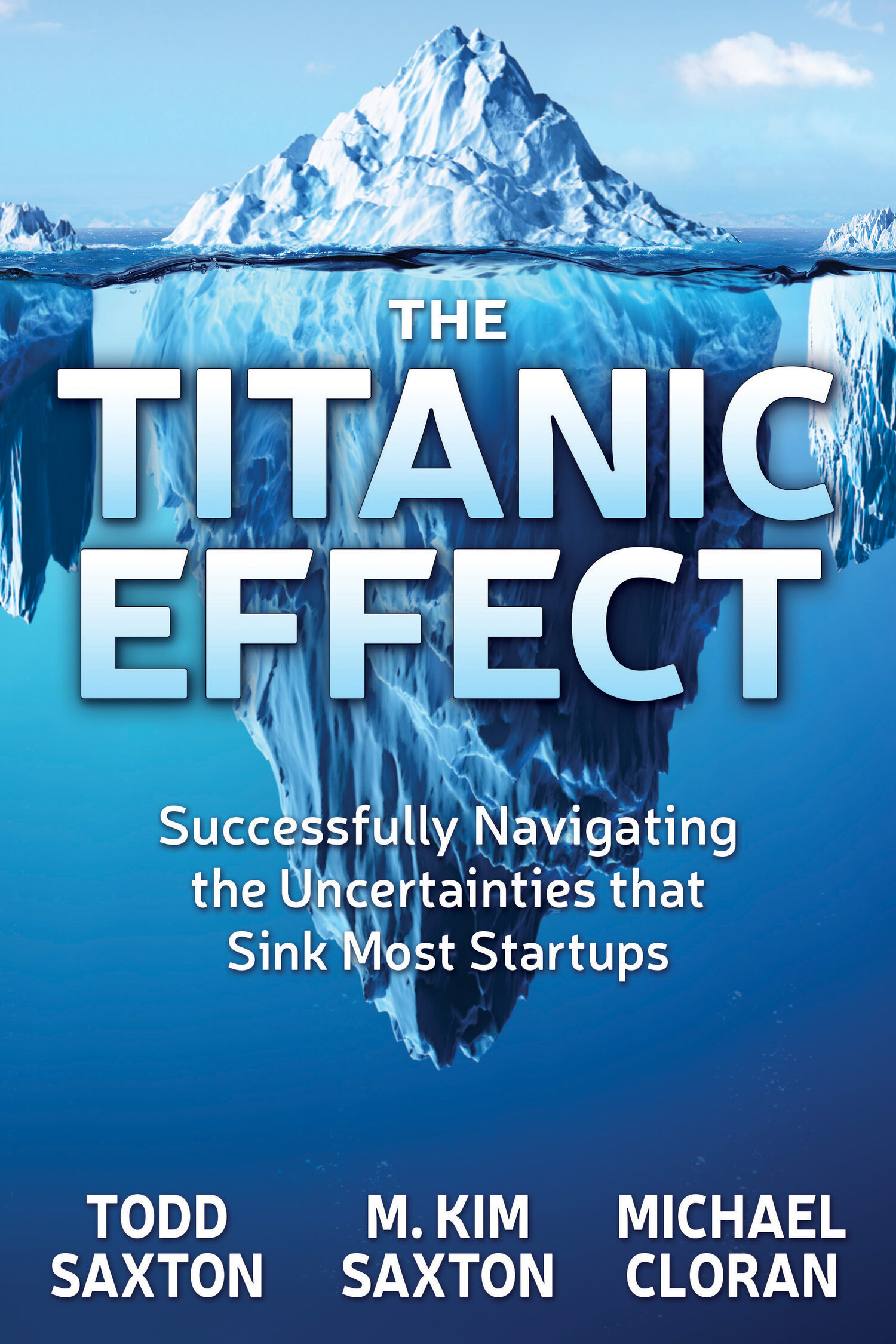The #1 key to success for a startup is to try and meet an unmet need and avoid a customer value void. As we’ve covered in The Titanic Effect, people don’t change their behavior and adopt new products unless they have a pain point to solve. So it’s always good to be close to your customer. You want their input into what you are doing. But in uncertain times like now, it’s even more important to connect with customers.
Customers are uncertain these days too. They are not sure what they should be doing and not doing. They are struggling with a new normal. So, form a partnership with them.
Here’s a great example from Ali Cudby, author of Keep Your Customers, and an adjunct faculty in Purdue University’s entrepreneurship program. All of a sudden, with less than 2 weeks’ notice, students are now at home and the semester is being finished online. So a teaching plan that called for a 75-minute class twice per week face-to-face is now 100% asynchronous online. There were lots of things she doesn’t know: what students’ capabilities were, their access to the internet, their interests and goals in finishing this class. She could make assumptions and/or guess. So first she did a online trial instead of a live assignment for a book report. And then she sent them a short survey:
Book report - Which platform did you use? On a scale of 1-10 (1 = OMG, it suuuuucked and 10 = piece o’cake), how was the process?
Will you have reliable and regular access to a computer that you can use to work remotely?
Will you have reliable and regular access to the internet so that you can work remotely?
What time zone will you be in?
What access needs do you have that could impact how you participate remotely?
What concerns do you have about our class being conducted remotely?
What are the two most important skills you would like to take away from our class, whatever happens?
Is there anything else you want me to be aware of as we collectively navigate this turn of events?
Notice the territory she covered:
What did work/not work for you?
What capabilities do you have?
What are your needs and interests moving forward?
She learned what times they could be working together and how they might work together. That knowledge let her know what kind of content to plan and even when/if to have synchronous or asynchronous activities. More importantly, she learned that they wanted to stay connected to each other, even if remotely. They wanted touchpoints and a personal experience. Then she shared with the class afterwards and shared the limitations other students were having, so someone with no issues could understand the situation beyond their unique capabilities/capacity. Now she has a robust plan to accomplish their goals and her learning objectives within the university’s guidelines.
Every startup could be doing something similar. Check in with your customers. Come from the place of helping them be successful. Find out what they need from you. Then let them tell you want they are interested in, moving forward. Your customers are going to be interested in your success, just as you are interested in theirs.
Here’s another good example. Instead of surveying customers, though, this small café gave its customers choices about how to interact. Their actions will provide answers. First, they thanked customers. Then, they asked for support. Finally, they threw in another thank you by setting up a session they thought customers would enjoy. Check it out:
-----------------------------------------
Here’s the email subject line: THANK YOU FOR YOUR SUPPORT : )
And some of the body:
We really appreciate all the love you have shown us throughout the years. If you are able, please feel free to donate. Your generous donations will be prioritized by:
Supporting our staff
Paying our vendors (also other small businesses)
Paying other bills (rent, insurance, etc.)
We appreciate your continued support and appreciate any help you are able to provide. We look forward to coming back better than ever and continuing our community!
If you're able, please support us in any of the following ways:
1. Stop by our website and purchase products. (Link to Shop)
2.We have e-gift cards. Stop by our website and give the gift of tea to a family, friends, employee or coworker. (Link to E-Gift Cards)
3.Donate at least $10 to GoFundMe. If we can get 1,000 ppl to donate at least $10 we can provide a few payrolls to our Family. If you donate $100 you will receive a $25 gift card valid for use in-store or online.(Link to GoFundMe)
4.DM us a family friendly video for 1st Friday submission
5.Participate in our #MugChallenge and DM us a picture &/or video of you with your fave mug and what you’re drinking.
Join us for Therapy Pop Up via Zoom with Dr. (XX) next Saturday, April 4 at 9 am. Follow our social media for details.
-----------------------------------------
One more example from Indianapolis startup Lessonly. They offers a simple way for companies to train their employees online. The company’s mantra is “Do Better Work.” Knowing that their customers are working from home, they asked themselves – how can we help them do better work? I think their answer is pretty creative. And, it meant that they needed to ask permission to send them to their home addresses. That’s a great way to expand your relationship with your customers.
Don’t let the uncertainty overwhelm you. Use this time to connect even more strongly with your customers. If you have downtime, rethink your business model. How can you build even more value for customers in the future? Check out some of our ideas about managing this uncertainty on Kelley’s The ROI podcast Ep. 127. We hope your startup is able not just to survive, but to thrive through this turmoil.


